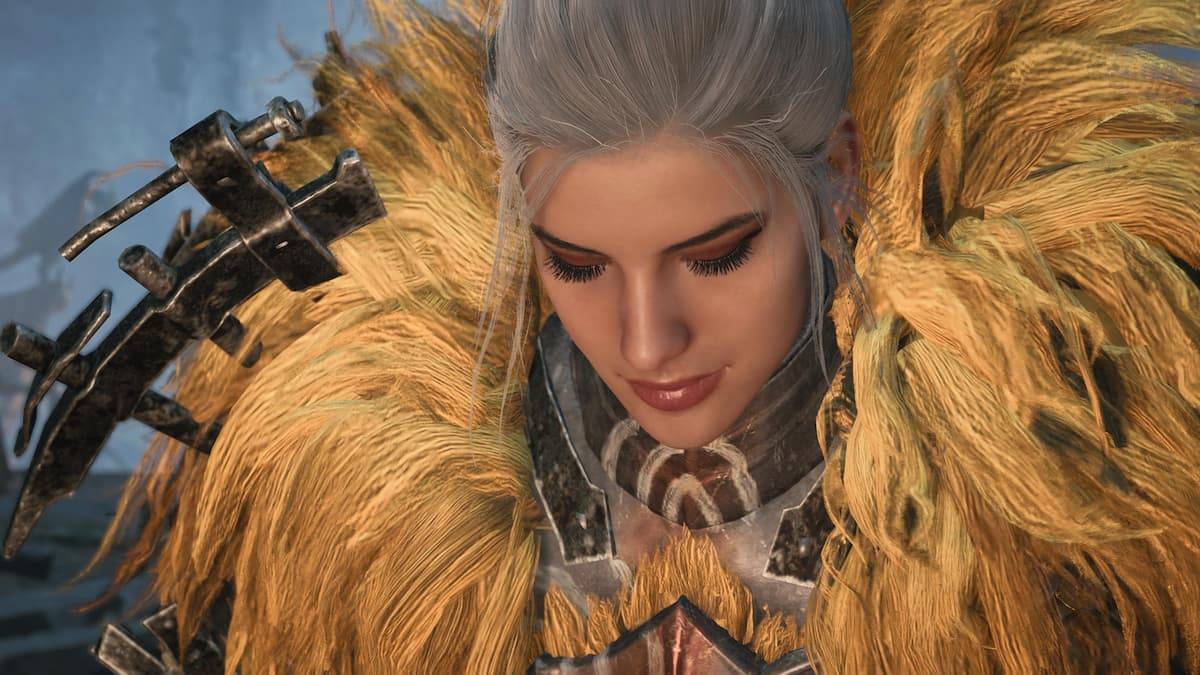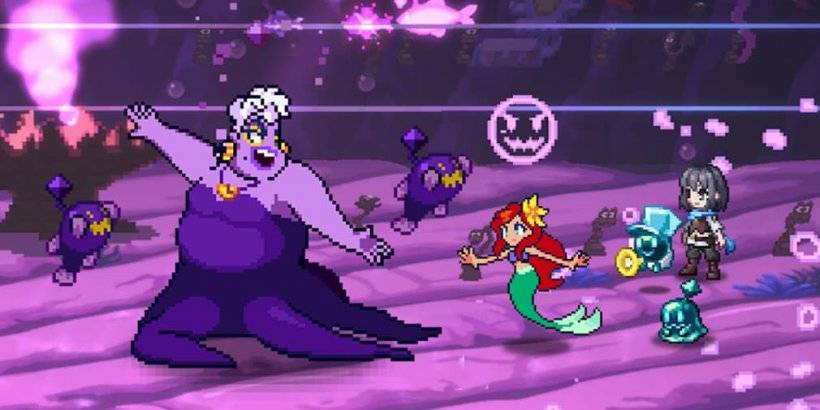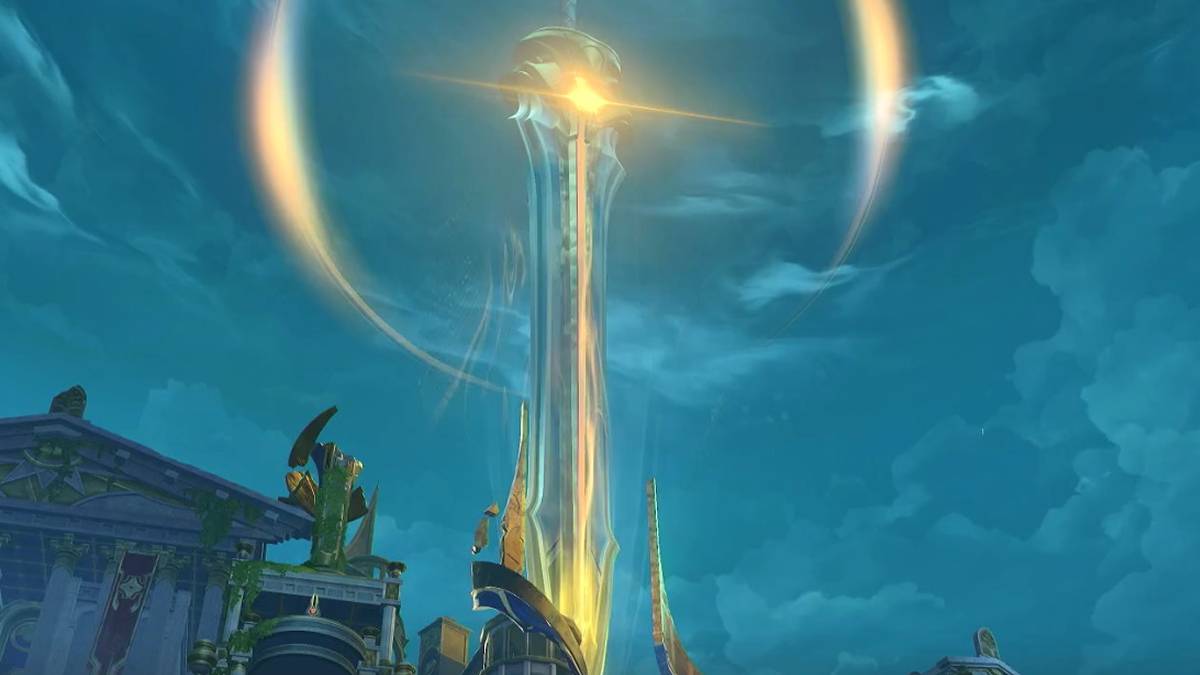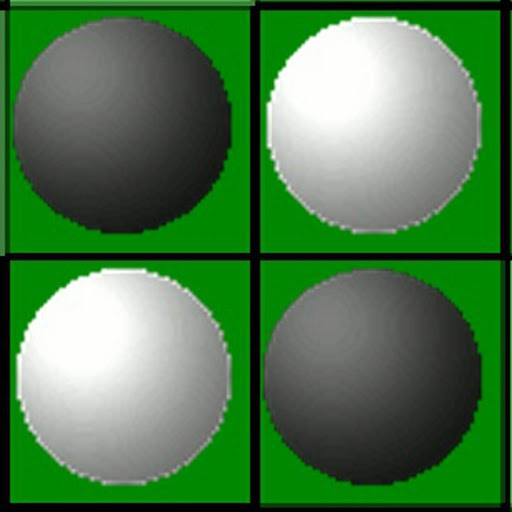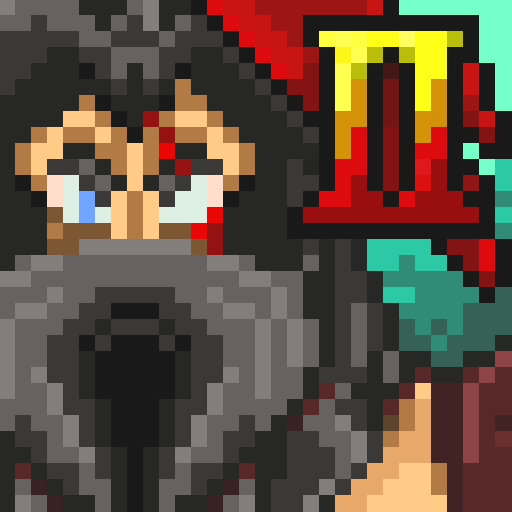This week marks the 40th anniversary of David Lynch's *Dune*, a film that, despite its initial $40 million box office disappointment upon its release on December 14, 1984, has cultivated a dedicated cult following over the past four decades. This is particularly notable when compared to Denis Villeneuve's recent two-part adaptation of Frank Herbert's iconic novel. David Lynch, known for his unique and often surreal filmmaking style, was announced as the director for mega-producer Dino De Laurentiis in May 1981, stepping in after Ridley Scott, the visionary behind *Blade Runner* and *Gladiator*, left the project.
Until recently, little was known about the version of *Dune* that Ridley Scott developed for De Laurentiis before Lynch took over. Thanks to the diligent efforts of T.D. Nguyen, a 133-page October 1980 draft of Scott's unproduced *Dune* film, penned by Rudy Wurlitzer (known for *Two-Lane Blacktop* and *Walker*), was unearthed within the Coleman Luck archives at Wheaton College and shared with this author.
When Ridley Scott joined the project shortly after the success of *Alien* in 1979, Frank Herbert had already crafted a massive two-part screenplay adaptation that was both meticulously faithful to the book and, as noted by Wired and Inverse, not particularly cinematic. Scott, after reviewing Herbert's script, identified a few scenes he might use but ultimately enlisted Wurlitzer for a complete rewrite, starting from scratch in London as pre-production commenced at Pinewood Studios. Like Herbert's and later Villeneuve's versions, Scott's script was intended as the first part of a two-part series.
Rudy Wurlitzer, reflecting on the project in a 1984 interview with Prevue Magazine, described the adaptation as "one of the most difficult jobs I’ve ever done." He emphasized the effort required to distill the novel into a workable outline and script, stating, "I believe we kept to the spirit of the book but, in a sense, we rarefied it. We interjected a somewhat different sensibility." Ridley Scott, in a 2021 interview with Total Film, praised the script, saying, "We did a script, and the script is pretty fucking good."
Several factors contributed to the collapse of Ridley Scott's *Dune* project, including emotional turmoil following the death of his brother Frank, his reluctance to film in Mexico as demanded by De Laurentiis, a budget exceeding $50 million, and the more promising prospects of *Blade Runner* with Filmways. Additionally, as Universal Pictures executive Thom Mount revealed in the book A Masterpiece in Disarray – David Lynch's Dune, "Rudy’s version of the script did not receive unanimous, glowing enthusiasm."
Was Wurlitzer's adaptation a poor cinematic execution of Herbert's expansive narrative, or was it simply too dark, violent, and politically charged to be a commercial success? Readers can explore our detailed script analysis to form their own opinions.
Rudy Wurlitzer (age 87) was contacted for this article but was unable to participate. Ridley Scott was also approached but chose not to comment.
A Wilder Shade of Paul
The October 1980 draft of *Dune* opens with an impressionistic dream sequence featuring hot deserts and apocalyptic armies, setting the stage for Paul's "terrible purpose." Ridley Scott's visual style, known for its richness and complexity, is evident in descriptions like "birds and insects become a whirling hysteria of motion," showcasing his unique ability to bring dynamic scenes to life.
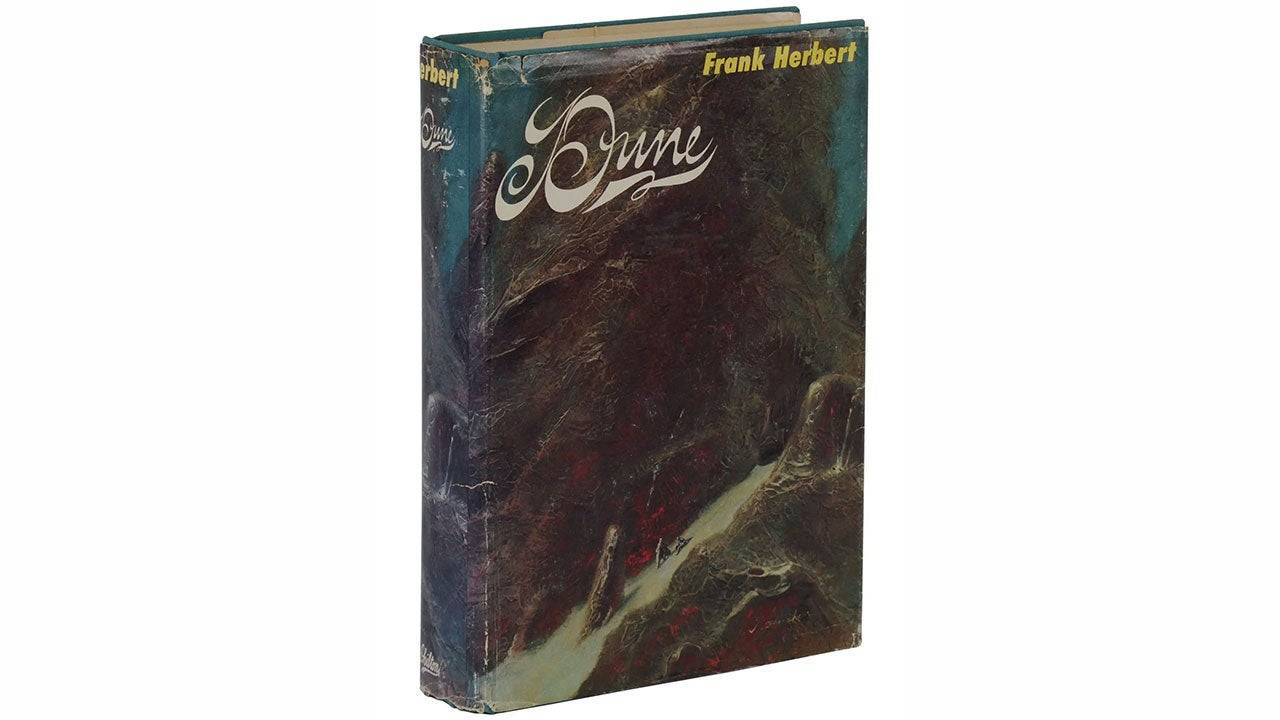
As Scott mentioned to Total Film, "We did a very good take on Dune, because early days, I’d work very, very closely with the writer. I was always glomming the look of the film onto what he or she was writing." This vision culminates in a scene where the desert erupts into darkness, dreamt by Paul Atreides, who awakens to the sound of rain against the windows of Castle Caladan. In this version, Paul is not the dashing Timothée Chalamet but a 7-year-old with long blonde hair, about to undergo the Reverend Mother's test with "the box." His recitation of the Litany Against Fear during this trial is intercut with his mother Jessica's, highlighting their psychic bond. Visuals of a burning hand and flesh falling off bone, reminiscent of Lynch's film, are included but are not real.
After passing the test, young Paul retrieves a sword from a guard using The Voice and nearly kills a sleeping Duncan Idaho to test his warrior skills. This version of Paul embodies a "savage innocence." Stephen Scarlata, producer of the documentary *Jodorowsky's Dune*, notes, "Rudy Wurlitzer’s version of Paul is far more assertive. He actively takes charge. We even see a flash-forward of his growth spanning from age 7 to 21, where his relentless training leads him to surpass Duncan Idaho. Personally, I prefer Lynch’s depiction of Paul. There’s an added tension in believing Paul might defeat Gurney, only to realize he doesn’t. This vulnerability makes us feel more fear and concern for him, especially when Paul and Jessica are forced to escape."
By the time Paul reaches 21, he is a master swordsman, described as "handsome, charismatic, regal." Duncan, who replaces the deleted Gurney, is portrayed as "broader with white hair and beard" and shares a humorous demeanor similar to Jason Momoa's portrayal in Villeneuve's film.
Long Live the Emperor
The script then shifts to a rock garden outside the castle where Jessica observes a gardener raking white pebbles. Suddenly, it begins to rain, and the gardener falls to his knees, proclaiming, "the Emperor is dead." This pivotal moment, as contemporary Hollywood screenwriter Ian Fried, who worked on *Legendary's Spectral* and an unproduced modern version of *The Island of Dr. Moreau*, told IGN, "I absolutely love the moment of Jessica looking out across the castle at the gardener raking white pebbles into patterns. Then all of a sudden it starts raining and the gardener falls to his knees, prostrates himself, looks up at the sky and says, 'the Emperor is dead.' I get chills just saying that. On the other hand, that's not at all from the book. There's so much material in Dune that to be adding new stuff is probably not what most people would have wanted or would want now. That was a really, really interesting part of the script, that the catalyst for everything is the Emperor dying."
The narrative then moves to "the Emperor's Inner Kingdom," a mystical setting surrounded by Snow Peaks and a Mandala, where members of the Twenty-Four Great Houses gather to mourn the Emperor. The scene becomes even more mystical as the dead Emperor speaks through a medium with hollowed-out eye sockets, bequeathing Duke Leto Atreides the planet Dune/Arrakis to combat the gathering darkness in the universe.
This darkness manifests through Leto's cousin, Baron Harkonnen, who, via Feyd-Rautha, proposes splitting Arrakis' spice production to avoid conflict. Leto rejects this offer, leading to a confrontation where the Baron utters a line similar to one in Lynch's film: "He who controls the spice controls the universe."
Mark Bennett of DuneInfo commented, "Normally I have credited Lynch with this great line. Given that this was a De Laurentiis project script, I wonder if Lynch read it and borrowed that line, or came up with it independently?"
Flight of the Navigator
Another similarity to Lynch's version occurs during the Atreides family's departure from Caladan aboard a Guild Heighliner, where a Navigator is introduced. Described as "an elongated FIGURE, vaguely humanoid with finned feet and hugely fanned, membranous hands, floating in a transparent outer container, like a loose, flexible skin; a fish in a strange sea with eyes of Total Blue," the Navigator takes a pill, falls into a coma, and plots the Heighliner's course with musical intonations to "Engineers," reminiscent of Scott's later film *Prometheus*.
Ian Fried adds, "I absolutely loved that they were able to show the Navigator. Even though I love the Denis Villeneuve movies, I'm really disappointed we didn't get to see his take on that. A missed opportunity."
Upon arriving on Arrakis, the Atreides' Arakeen fortress is described with dark chambers and massive fireplaces, echoing the aesthetic of Scott's 1985 fantasy *Legend*. The world feels medieval, emphasizing swords, feudal customs, and fealty. Bosch-like Dew Collectors use scythes to gather moisture in the castle gardens, reflecting Scott's concurrent development of a fantastical "cowboy" version of *Tristan and Isolde* for Paramount.
At a weather station, Liet Kynes introduces his daughter Chani to the Duke and Paul, emphasizing the ecological devastation caused by spice harvesting. During an Ornithopter trip through the desert, their flight through the smoky chimneys of a massive factory ship evokes the hellish cityscapes of *Blade Runner*. As a worm attacks the ship, Kynes and Chani choose to make their way on foot, allowing the last two factory workers to escape on the Duke's 'Thopter.
This scene is intercut with house servant Shadout Mapes gifting Lady Jessica a crysknife, and Jessica hearing city dwellers outside her castle window begging for water. The streets of Arakeen are depicted as squalid urban "ghettos" with homeless peddlers, dilapidated vehicles, and piles of skeletons, highlighting class disparity inspired by Gillo Pontecorvo’s 1966 film *The Battle of Algiers*.
A new action-packed scene finds Paul and Duncan following a Harkonnen agent into a trading post, leading to a bar fight reminiscent of '80s action movies. Duncan wields an axe like Conan the Barbarian, while Paul kills a man with a rigid finger to the throat. Stephen Scarlata remarks, "That feels like a bar brawl you’d find in a Burt Reynolds or Walter Hill action movie. The fight scene feels out of place because it makes Paul seem too invincible too soon. His journey is about growth - learning to survive, adapt, and lead. If he’s already effortlessly beating enemies, we lose the tension/fear for his safety key to making his transformation meaningful."
In this brawl, they meet the stoic Fremen leader Stilgar, who later decapitates a lone Harkonnen at a smuggler's market. The script then shifts to Jessica levitating during meditation, and she and the Duke decide to conceive a child, with Jessica explicitly stating, "When you release your seed it will be like sacred oil poured into an altar fire."
Baron Wasteland
After receiving a secret message from a blinking insect, Dr. Yueh shares a moment of regret with Paul before sending him into the city for a night of freedom. Paul follows a homeless boy into a Fremen Spice Den, where he inhales blue spice vapor and experiences visions of his unborn sister Alia intoning "Maud'Dib." He encounters an Old Crone overseeing a pit with a red ball and a tiny snake-like sandworm, which Paul hypnotizes and places into a conch shell.
Yueh poisons and kills Thufir over a chess game, reminiscent of *Blade Runner*, and deactivates the house shield, allowing Harkonnen Death Commandoes to enter the castle. Paul, returning from the slums, is attacked by a Hunter-Seeker, described as "a bat-like creature with a cobra's head," which he decapitates upon Jessica's entry.
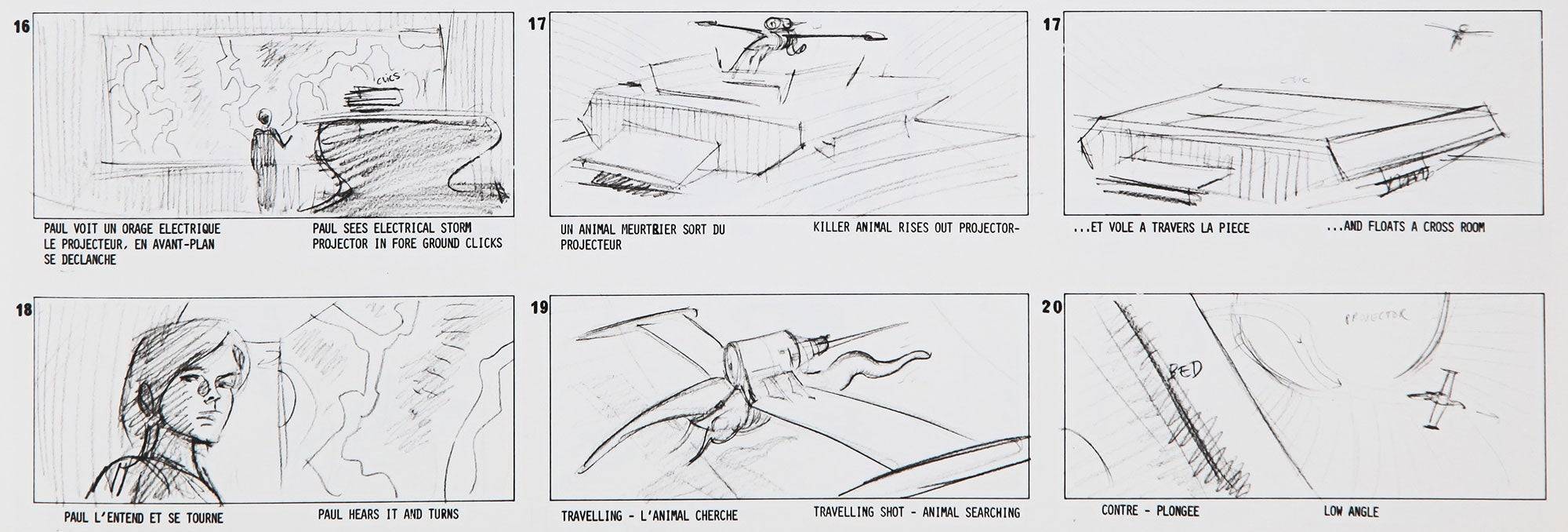
Stephen Scarlata finds the Hunter-Seeker scene intriguing, saying, "Introducing a biological twist to the usual mechanical device mirrors Alejandro Jodorowsky’s unmade Dune from a few years earlier, where the Hunter-Seeker is a flying creature with a bomb strapped to its back… Paul slows his heart rate, disarms the creature, and throws the bomb out the window. Both versions experiment with an animalistic take."
Duke Leto decapitates several Death Commandoes before being shot with a dart by Yueh. Duncan arrives to save his poisoned Duke but is stabbed by Yueh, whom Duncan then cuts in half. Yueh's motivation is purely survival, as he was poisoned by the Baron and needs the antidote. Jessica places a poison gas capsule in the dying Duke's mouth before bidding him farewell. Duncan fends off Sardaukar, dying so Paul and Jessica can escape in a 'Thopter. The violence is graphic and clearly R-rated.
The Deep Desert Controversy
Paul and Jessica's escape into the deep desert is more intense than in previous adaptations. Paul's piloting maneuvers cause G-force to ripple their cheeks, and after a wing is clipped, they crash-land as sand quickly fills the cabin. After surviving a storm in a Stilltent, they don their Stillsuits and search for Fremen. A scene akin to Villeneuve's film shows Paul standing before a massive sandworm without fear.
Notably absent from this draft is the incestuous relationship between Paul and Jessica, which was present in earlier versions and incensed both Herbert and De Laurentiis. Herbert exclaimed to The Sacramento Bee in 1982, "He wanted to do an incest movie! Can you imagine the effect that would have had on the Dune fans?" Wurlitzer confirmed in Prevue, "In one draft I introduced some erotic scenes between Paul and his mother, Jessica. I felt there was always a latent, but very strong, Oedipal attraction between them, and I took it one note further. It went right in the middle of the film, as a supreme defiance of certain boundaries, perhaps making Paul even more heroic for having broken a forbidden code."
While the incest is removed, there is a moment where Paul and Jessica slide down a sand dune, losing their supplies in the process. They eventually hide in an ancient cave within a giant worm carcass, where they are discovered by Fremen led by Stilgar. Paul eagerly accepts a death duel with Jamis, advised by Jessica, who hands him the crysknife gifted by Shadout Mapes, announcing him as the Lisan al-gaib.
The battle is brutal and swift, ending inside the worm carcass with Paul killing Jamis. Fremen take items from Jamis' body, and Paul sheds tears for his fallen foe, a scene similar to one Lynch filmed but cut from his theatrical release. At night, the Fremen perform a Spice ceremony, where Paul is given the name Maud'Dib. Paul learns that he has earned Chani, Jamis' wife, in battle, and she accepts him as her new mate and Jessica as her new mother.
The Fremen carry their possessions to a Sundancer, a giant trimaran with colored sails, to cross the great salt flats. Kynes encourages Chani to stay close to Paul and support the Lisan al-gaib legend to unite the tribes and terraform Arrakis. Chani, though a believer, is uneasy about Jessica and Paul's relationship, which Paul asserts with, "I ask for acceptance without reservation, even for that which you cannot understand." Chani responds, "As we share the same purpose, I withhold nothing from you."
Rudy Wurlitzer commented in 1984, "A true leader is never a clear model of Christian goodness. Many times he is ruthless, very determined, and willing to make sacrifices to serve certain ends. That doesn’t mean he has to be a consummate Machiavellian, only that certain shadings in his character make him a little dangerous, a bit abrupt. Even Christ drove the merchants out of the temple." Ian Fried notes, "I feel like Paul is almost a cipher. He's too much of a perfect Messiah. It's very hard to relate to him. It's not clear, based on this take on the material, that Paul's even the main character."
The script climaxes with a Water of Life ceremony led by a Shaman with three breasts and male genitals, performing an erotic dance as a 10-foot-long sandworm emerges, turning the water blue. Jessica drinks the Water of Life, merging auras with the Reverend Mother, and proclaims herself the new Reverend Mother. All Fremen now believe Paul is their Messiah. The script ends with Jessica using a thumper to call a giant sandworm, which Paul is expected to ride, though this is not shown.
Conclusions
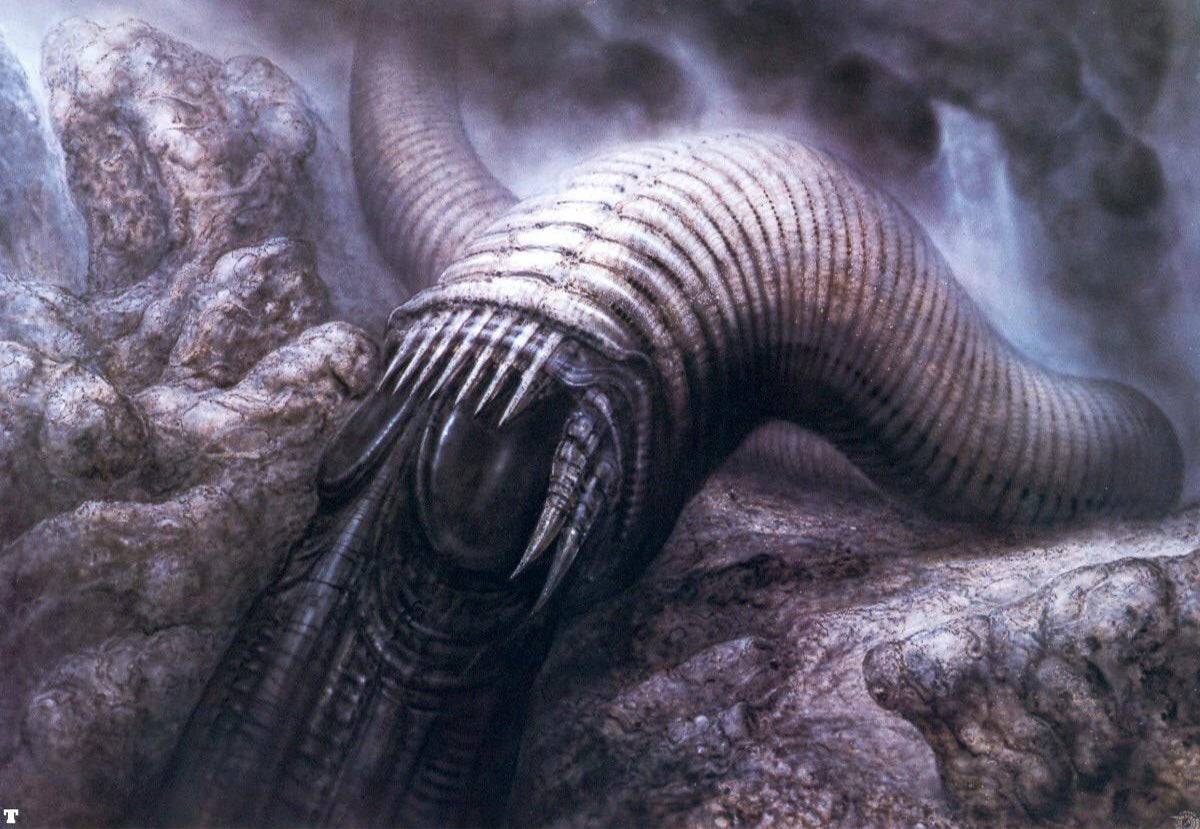
Frank Herbert's *Dune* novels aimed to convey the disastrous consequences of following charismatic leaders, a theme central to Denis Villeneuve's adaptations and planned *Dune Messiah* film. Wurlitzer's script, though unfinished or intended as the first half of a two-parter, portrays Paul as a confident young man accepting his destiny as a universal dictator, with complicit actors like Chani and Kynes supporting his trajectory for their own planetary goals.
This script, conceived during the dawn of modern science fiction cinema post-*Star Wars* and *Alien*, may have been too ambitious for its time, expecting audiences to embrace a revisionist, R-rated sci-fi film addressing real-world issues like ecological devastation and exploitation. Zack Snyder faced similar challenges with his adaptation of *Watchmen*.
Ridley Scott's script introduces important relationships visually, correcting issues in Lynch's film, such as the lack of interaction between Kynes and Chani, and the Duke and Baron. The Emperor's death serves as the catalyst for the Duke's downfall, a more coherent plot device than the convoluted plan in Lynch's version.
The legacy of Wurlitzer and Scott's *Dune* includes H.R. Giger's phallic sandworm design and Harkonnen furniture made from skeletons, now housed at the Giger Museum in Switzerland. Vittorio Storaro, originally set to lens this version, later worked on the 2000 Sci-Fi Channel miniseries *Frank Herbert's Dune*. Scott and De Laurentiis eventually collaborated on *Hannibal*, which grossed $350 million worldwide. Some elements from this script found their way into *Blade Runner* and even *Gladiator II*.
Wurlitzer's script, as Ridley Scott described it, "a decent distillation of Frank Herbert," uniquely balances the novel's ecological, political, and spiritual aspects. Ian Fried concludes, "The ecological aspect of Dune is covered in this script in a way it's never been covered in any other piece of material. That's one of the strengths of this adaptation: It feels like it's important to the story being told. It doesn't hit you over the head with it. It genuinely is a consequence of what man has done to this planet, the ecological issues that have developed around spice mining. There are a lot more clear motivations in the Ridley Scott Dune script for a larger variety of characters."
As Herbert's book approaches its 60th anniversary, its themes of environmental decay, the dangers of fascism, and the need for awakening remain as relevant as ever, suggesting that future adaptations might yet explore these ecological underpinnings more deeply.




 LATEST ARTICLES
LATEST ARTICLES 